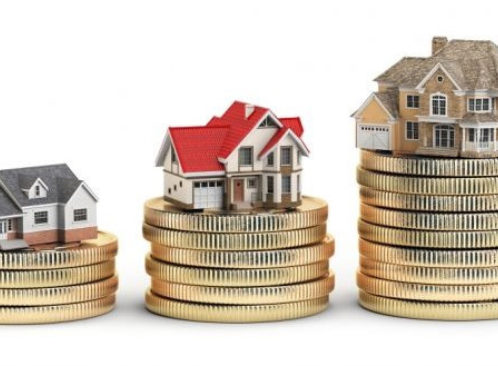 13th March 2025
13th March 2025
Furnished Holiday Let Owners Face Significant Tax Hike from April
Owners of furnished holiday lets (FHLs) in the UK should brace themselves for a tax increase of around 20% from next month, accountants have warned.
The government is scrapping multiple tax reliefs currently available to FHL owners, bringing their tax treatment in line with other rental properties.
Under the existing rules, FHLs qualify as short-term lets and benefit from tax reliefs similar to those available to trading businesses. Owners can claim capital allowances on furnishings, and the tax treatment is more favourable for inheritance tax purposes.
However, the UK government has confirmed that the FHL tax regime will be abolished from 6 April 2025 for income tax purposes, and from 1 April 2025 for corporation tax.
Paislei Godley, Associate Director at Prime Accountants Group, explains:
“The government sees this as a way of levelling the playing field, ensuring FHLs are taxed similarly to long-term residential lets. They will also have considered the impact of holiday homes on local housing affordability, particularly in popular destinations like Cornwall, and view these changes as a way of discouraging people from buying properties purely for short-term lets.”
She adds that HMRC stands to benefit in two ways: the changes make FHLs less attractive to investors while also encouraging landlords to convert them into long-term rental properties.
How Much More Tax Will Owners Pay?
To illustrate the financial impact, Godley calculates that a higher-rate taxpayer earning £25,000 in gross rental income, with £8,700 in expenses, would currently pay £6,700 in tax. Under the new rules, this would rise to £8,100 – an increase of £1,400 per year.
Key Tax Changes for FHL Owners
From April, owners of FHLs will need to consider the following changes:
- Capital Allowances: New expenditure on furnishings and equipment will no longer qualify for capital allowances. Instead, owners will have to rely on domestic items relief when replacing items such as washing machines and furniture.
- Finance Costs: Individual landlords will still be able to claim relief on mortgage interest, but only at the basic income tax rate of 20%—the same as other landlords. Previously, loan interest could be deducted in full, offering greater tax savings for higher-rate taxpayers.
- Losses: Currently, losses from an FHL can be carried forward and offset against future profits from the same property business, whether in the UK or overseas. After the change, these losses will be pooled with other UK rental property losses and offset against the first available profits.
- Capital Gains Tax (CGT): The ability to defer CGT on gains by reinvesting in new business assets will be removed. In addition, the lower tax rate for Business Asset Disposal Relief (BADR) will no longer apply, meaning the standard CGT rate for residential properties will be charged on future disposals.
- Pension Contributions and National Insurance: FHL income will no longer count as relevant UK earnings when calculating maximum tax relief on personal pension contributions. It will also cease to count for Class 2 and voluntary Class 3 National Insurance contributions.
What Should FHL Owners Do Next?
With these changes looming, FHL owners should review their tax position and consider how best to navigate the new rules. Some may find it beneficial to transition their properties to long-term rentals, while others may need to reassess their financial plans, particularly regarding pensions and capital gains.
Seeking professional tax advice will be essential to ensuring compliance and minimising financial impact.







